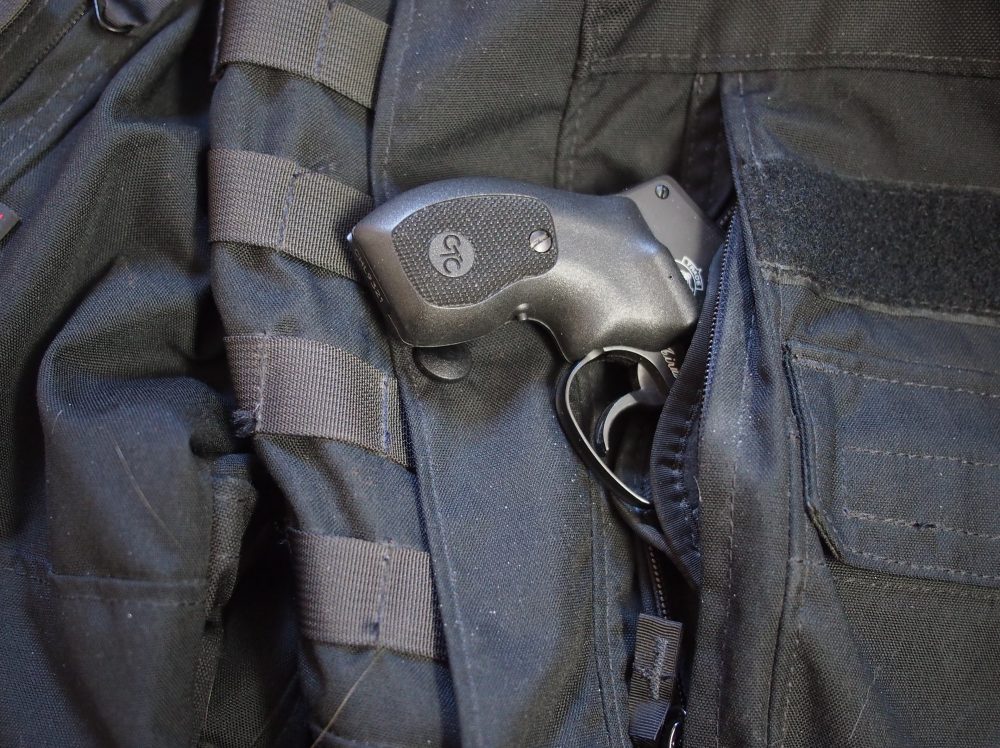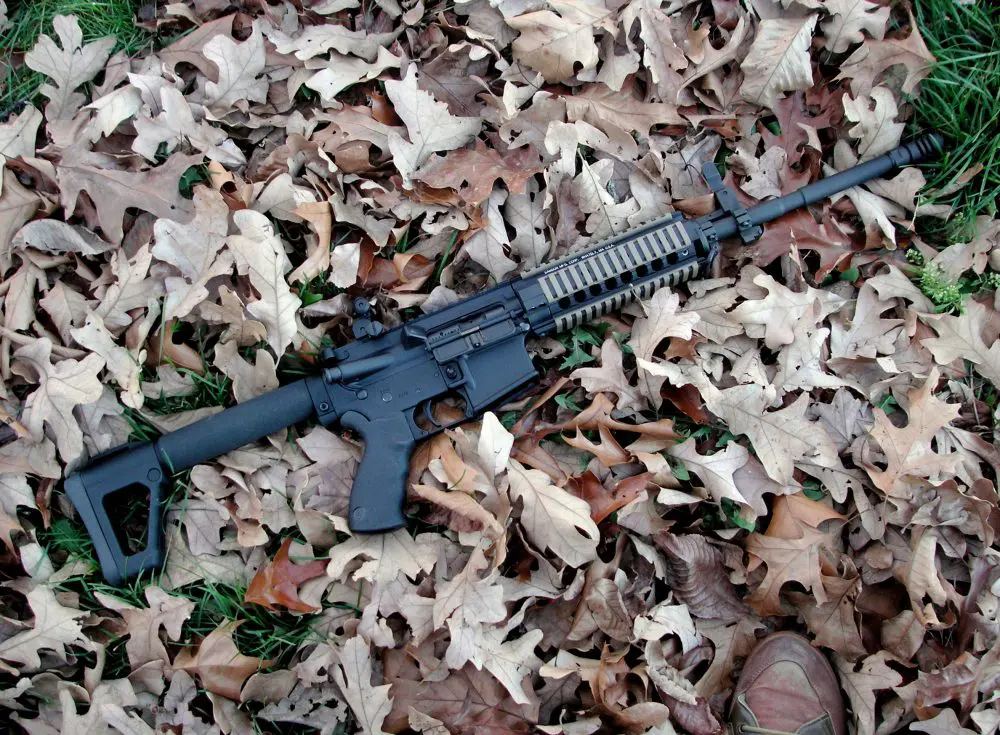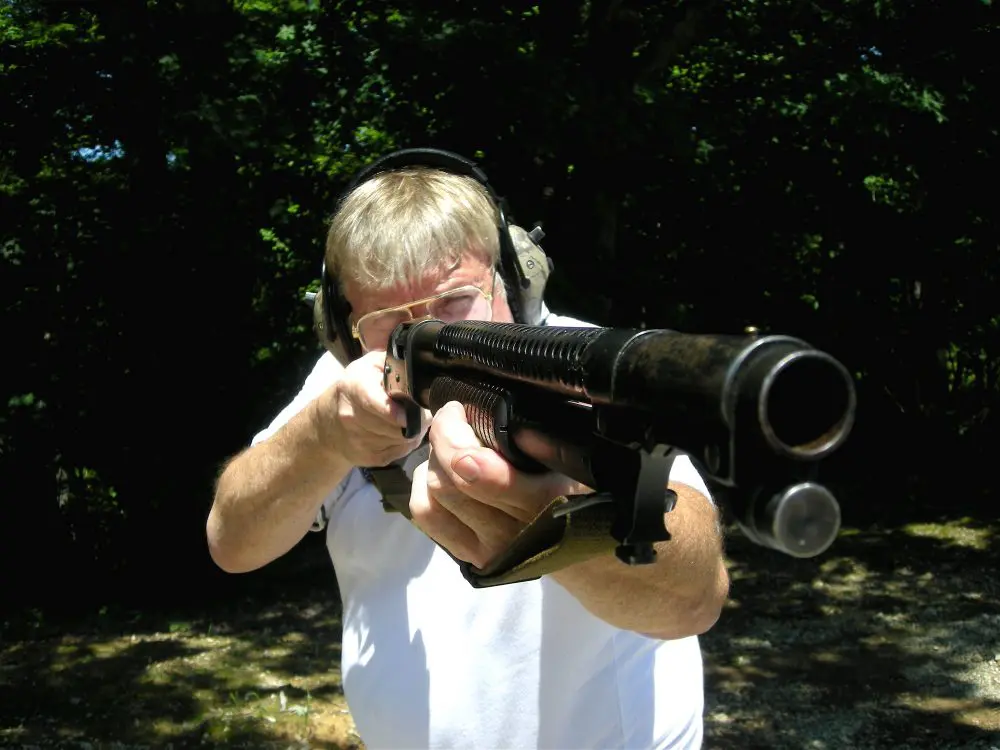Last November, after the massacre of scores and wounding of hundreds in Las Vegas, soon followed by the murder of dozens more in a Texas church, Boston Globe writer David Scharfenberg dared to utter the words that most gun-ban zealots have long dared not, despite their fervent wishes: gun confiscation.
The article actually started with some very valid points. Scharfenberg acknowledged that such gun-ban-lobby wishlist mainstays as bans of so-called “assault weapons” and the implementation of universal background checks would do little to reduce violence.
“In other words, the proposals aren’t just difficult to enact in the current political climate; their practical effects would also be quite limited,” Scharfenberg admitted.
This candor is unlikely to win him many friends among the forcible citizen-disarmament advocates, who perennially argue that these two measures (plus, no doubt, banning 11-round and larger magazines) would indeed spark a dramatic reduction in the number of Americans injured or killed by gunfire.
These people generally try to forestall the outrage of gun owners by assuring us that “no one is coming for your guns,” as if only mass confiscation should be enough to anger gun rights advocates.
Scharfenberg, on the other hand, argues that the only real and effective solution for dramatically reducing “gun violence” is for the U.S. government to, well, come for our guns.
“Ultimately, if gun-control advocates really want to stanch the blood, there’s no way around it: They’ll have to persuade more people of the need to confiscate millions of those firearms, as radical as that idea may now seem.”
For his honesty (if for nothing else), Scharfenberg is to be commended. It is well past time for gun prohibitionists to admit that the laws they so stridently demand now will not save thousands of lives every year, and that what they really want is for American law enforcement and/or military forces to come and forcibly seize Americans’ best tools for defending our lives and liberty, and indeed to kill those of us who resist.
But he is also playing an extremely dangerous game and risking a spasm of “gun violence” like nothing seen in this country since the 1860s. And morality demands that those of us who will not comply with compulsory disarmament, and will fight to the death to defy it, leave him and anyone he might have swayed to his pro-confiscation position no room for doubt that his “solution” would directly ignite the brutal conflagration of civil war.
He seems not entirely unaware of at least the possibility of that outcome:
“And sending government agents to claim them could end very, very badly. An NRA article on the specter of Australian-style confiscation coming to the United States is subtitled There Will Be Blood.”
But that was the limit of his willingness to acknowledge the horror of gun confiscation-induced civil war, and the article still ended with his argument that gun-ban advocates must “convince” Americans of the need for confiscation.
Whether his apparent willingness to pursue confiscation is due to him judging, in the end, that American gun owners will not resist by force of arms, or that he believes that even if we do, the government would crush the resistance and the ensuing confiscation would be worth the mass carnage, is not really important. Either way, he advocates a course of action that would likely kill millions and potentially literally destroy the country.
And as decent Americans who shall not be disarmed, but who are horrified by the idea of such war, we must guide those who share his position to the truth—that if they are truly appalled by “gun violence,” they would be very well advised not to force gun owners to use our guns on our fellow Americans in order to keep them.
Scharfenberg has catastrophically underestimated armed America’s resolve. We have a moral duty to help him correct that miscalculation before it is too late. The Second Amendment is the Constitutional guarantee of our fundamental human right of the individual to keep and bear arms, but it is worthless if we are unwilling to fight to protect it.
And it’s almost as worthless if we are forced to fight. That would mean we failed to utilize its value as a deterrent to government overreach, because we could not be bothered to make clear that the cost of violating it would be more blood than the would-be confiscators can afford to pay.
A former paratrooper, Kurt Hofmann was paralyzed in a car accident in 2002. The helplessness inherent to confinement to a wheelchair prompted him to explore armed self-defense, only to discover that Illinois denied that right. This inspired him to become active in gun rights advocacy.





